
Hot water thrown into the air turns to ice in seconds in a village in the Greater Khingan Range of Heilongjiang province on Jan 15. (MA ZHONGHAI/FOR CHINA DAILY)
Xi has made specific instructions on the development of winter tourism during fact-finding trips to Northeast China, highlighting the importance of "enabling the picturesque landscapes of the northern borderlands and the wealth of ice and snow resources to provide an inexhaustible source of income for the residents".
At a symposium in Harbin in September, he told officials that the region must vigorously develop tourism with distinctive features. Authorities in the northeast should treat the development of the ice and snow economy as a new growth point, promoting the development of whole industry chains, he added.
Another key factor that contributed to the success story of Harbin, and Northeast China in general, is the unwavering commitment from the authorities to provide a welcoming experience for tourists, analysts said.
During his trip to Heilongjiang in September, Xi set forth wide-ranging requirements for the region's authorities to improve the business climate, saying that a stable, transparent, regulated, and predictable legal environment must be created for various market entities.
Han, the analyst, said the unprecedented influx of tourists has presented the northeastern region's business environment with "an unprecedented test", both in terms of infrastructure and services.
In March 2019, Wang Wentao, the then governor of Heilongjiang, said that there were cases in which tourists were ripped off by service providers in the province, and the government set up a special fund to repay the tourists, even before the authorities launched investigations into the cases.
In one well-known case, a tourist complained in an online post about being ripped off by the owner of a family inn near Xuexiang National Forest Park, triggering an outcry about the tourism environment in the northeast.
With local authorities scaling up efforts to protect the interests of consumers and improve the business environment, the resort, also known as "China's Snow Town", has welcomed over 720,000 guests since November, with tourist numbers also expected to be record-breaking this winter.
The improvement in Harbin's business environment has been so dramatic that Luisa Tam, a columnist for the South China Morning Post, wrote that Hong Kong must look to the city for lessons to "attract tourists again".
Yuan Baohong, a regional economy analyst with market research firm CCID Consulting, said the authorities in Harbin and other northeast cities have devoted considerable efforts to providing tourists with a better travel experience, including free rides to scenic spots and a quick response to their complaints.
He explained that the booming winter tourism sector has also offered key lessons for the revitalization of the northeast, as the region grapples with challenges such as population outflows and economic slowdowns.
"The development of cultural and tourism sectors can serve as a gateway for fostering new growth drivers and developing new productive forces," Yuan said.











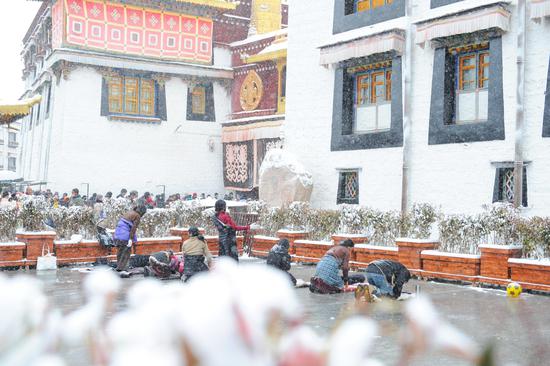

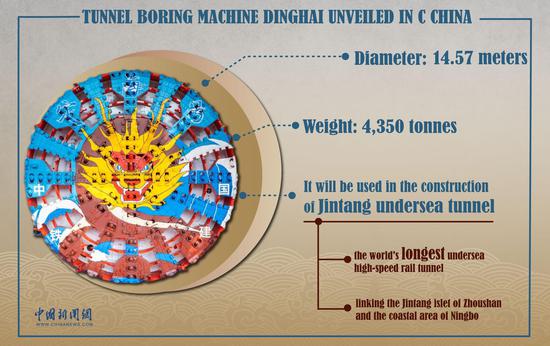



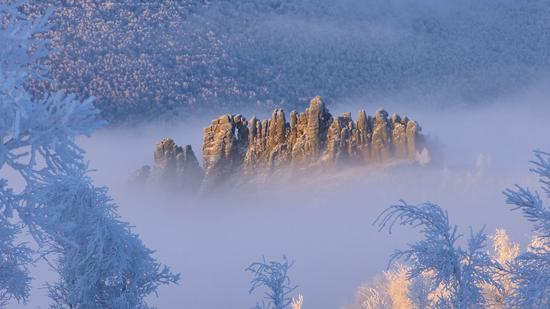

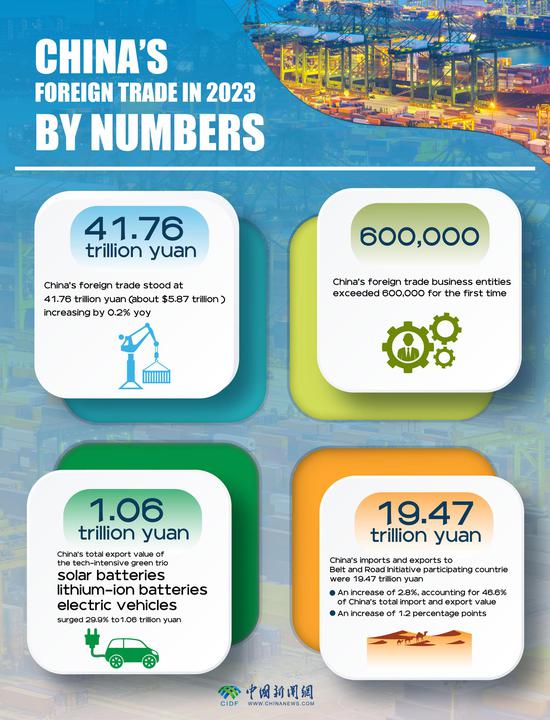



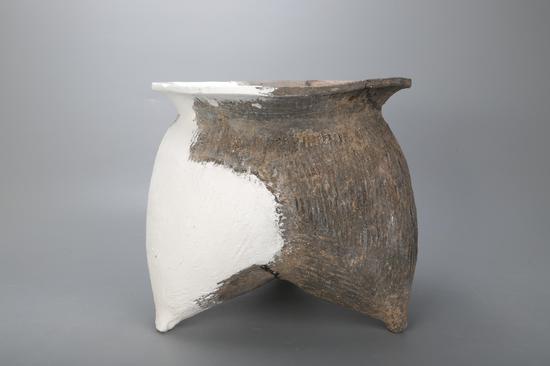

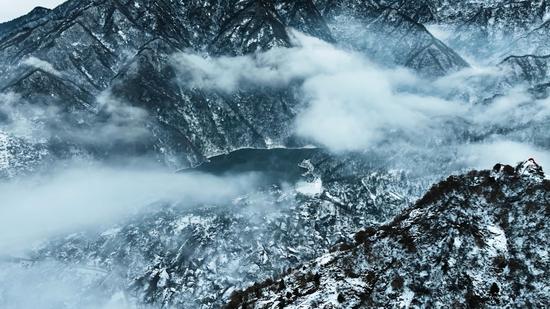
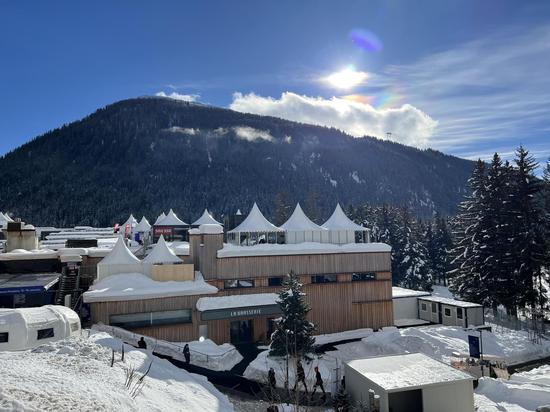



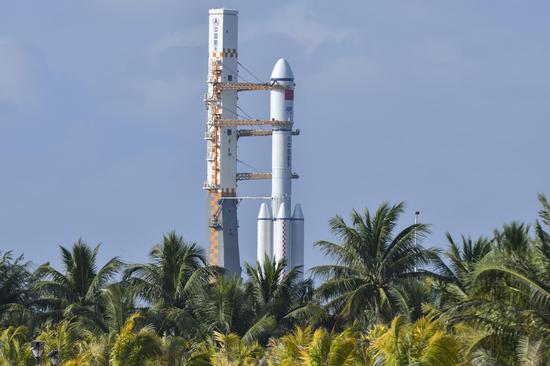



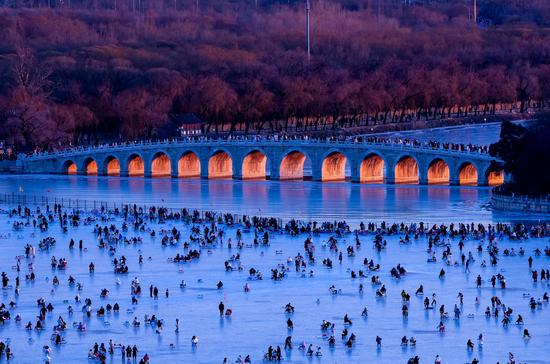
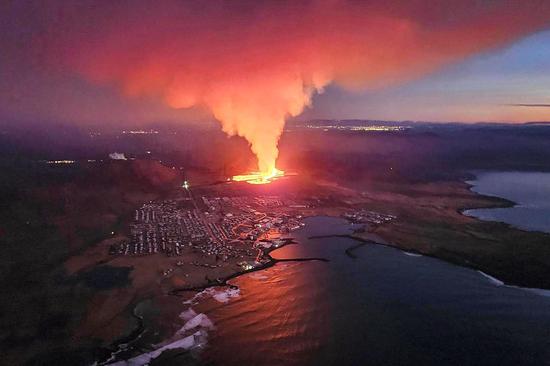
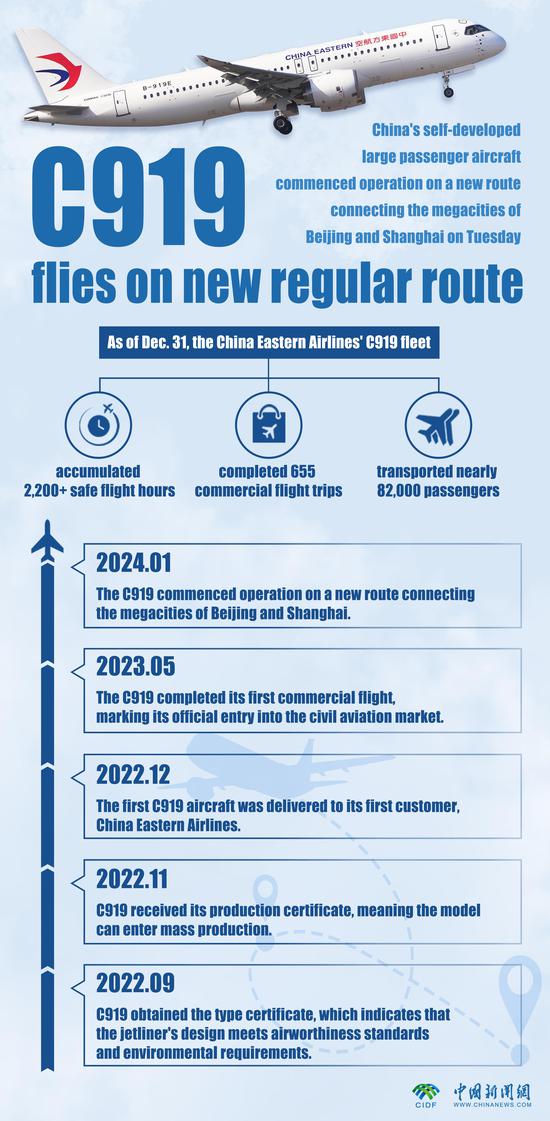



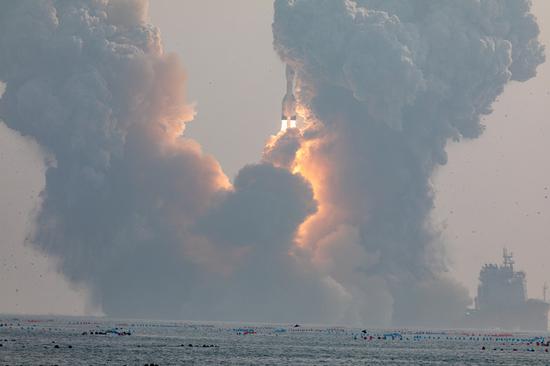
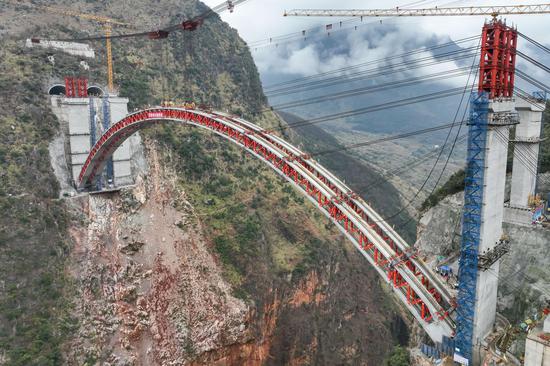
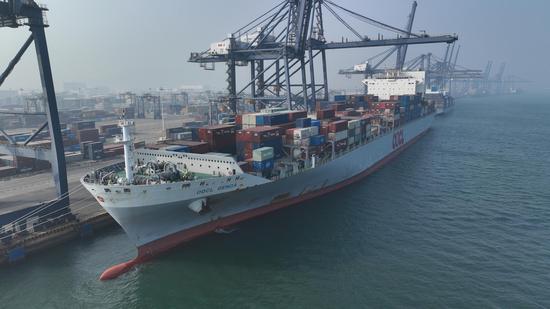
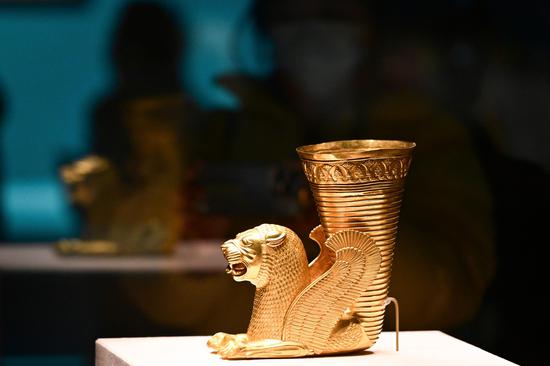






 京公网安备 11010202009201号
京公网安备 11010202009201号